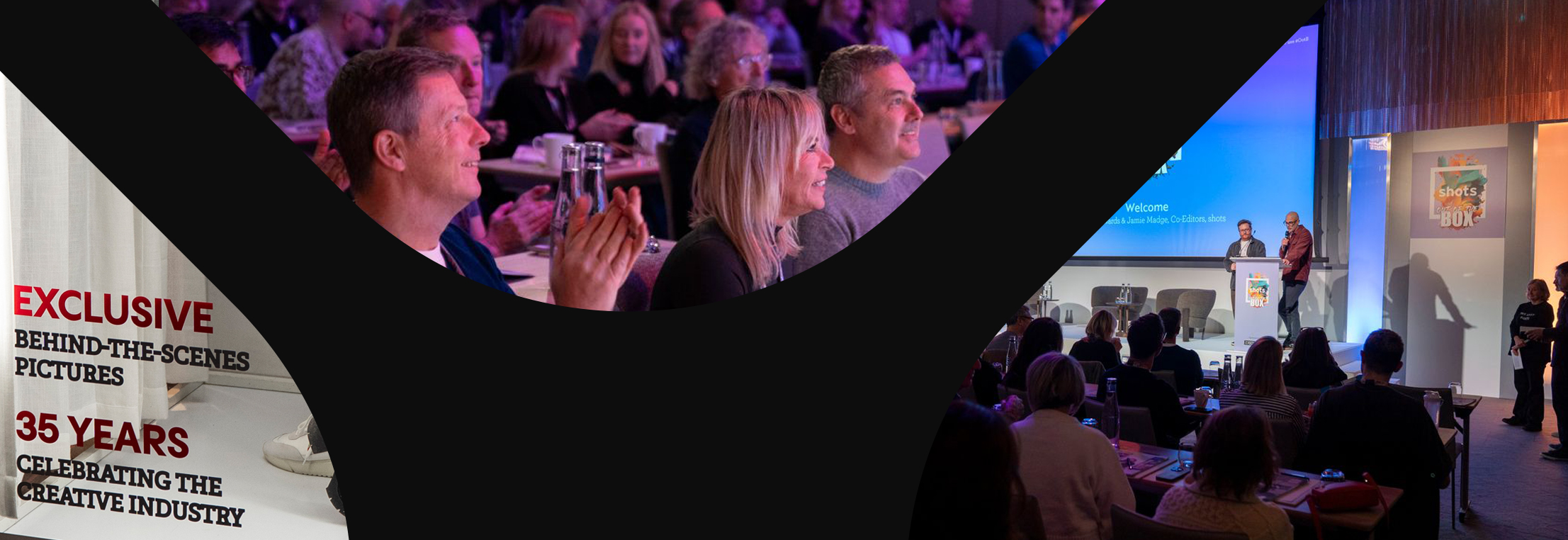Winning Gen Z Hearts
It’s no secret that Gen Z members are characterized as being more diverse, digitally-savvy and ethically minded than previous generations. These attributes are important for marketers to consider, since this demographic currently comprises roughly 30% of the world’s population. Here are a few more factors to keep in mind when targeting global teens and the 20-something age groups.
Tap into Nostalgia and Sustainability
Spotify recently released its fourth annual “Current Next Trends Report” that looks at how Gen Z is shaping the audio world. Among other findings, the study reveals that 68% of Gen Z enjoy watching and listening to programs from previous decades, because tapping into nostalgia evokes images or memories of less-complicated times. Global appliance brand LG proved they understand this paradigm by releasing a 30-second spot for a new cordless vacuum cleaner. Titled “Leave Dust in the Dust,” it shows a frustrated family struggling with unwanted dirt particles—until they switch to the LG CordZero All-in-One Vacuum, an advanced machine that automatically empties its own dustbin. Images of the futuristic gadget are juxtaposed with Phil Collins’ song “In the Air Tonight,” which was released in 1981—an intentional move on the part of LG marketing execs who believe the old hit will attract the brand’s key Gen Z demographic. “These retro songs are in heavy rotation and it’s Gen Zers and millennials breathing new life into older songs,” said Josie Salazar, director of brand marketing. “With this cult classic, the lyrics really enhance the spirit of the campaign.”
Along with nostalgic elements, Gen Z responds to brands that incorporate sustainability into their products or marketing endeavors. Swedish appliance manufacturer Electrolux publicly committed to being carbon neutral by 2050, and backed up that claim by focusing on products with “SmartBoost” technology that reduce water waste, plus a “Make it Last” campaign calling on consumers around the world to “care for our clothes in a more sustainable way” via a 60-second spot. Gen Z shoppers “are more aware of the impact their lives are having on the planet, and future generations,” said Carolyn Haicl, VP of marketing. “They’re demonstrating their care and concern for the planet with their dollars—and demonstrating their support for brands that are making a clear commitment to sustainability.” Edgewell beauty brand likewise targeted this demographic with the debut of Fieldtrip, its new unisex skincare brand that touts a line of clean, cruelty-free, vegan products under the motto “Your earth, your skincare.” “Gen Z consumers expect more than just functional benefits,” said head of marketing Gabrielle DeLatin. “They seek out brands who are socially responsible and sustainable, offer clean formulations that perform as advertised, and are transparent throughout.”
Prioritize Social Usage
Social media usage is on the rise in the United States, with two-thirds of the population expected to visit social sites on a monthly basis this year. The vast majority of them will be Gen Zers. In fact, 4 million members of this demographic will become social network users in 2022, up 8.4% since last year. That trajectory will continue as the youngest among this cohort turn 13, and there are projected to be 13.8 million more Gen Z social users in 2025 than there were in 2021. As a result, all the major platforms are enjoying gains, with Reddit, TikTok and Instagram ranking as most popular.
On that note, cleaning brand Scrub Daddy became one of the most successful companies on TikTok in a little over a year, growing over 1.8 million followers and accumulating 38 million likes across all posted videos. Best known for their bright yellow smiley-faced sponges, the brand skyrocketed to viral fame by embracing Gen Z’s “almost absurdist” sense of humor. “The idea of a self-aware ad has translated really well onto TikTok,” said social media expert Kerrie Longo. “Gen Z is very aware of ads; they’re really savvy when it comes to ‘I’m being advertised to, and I don’t like that.’ We know that you know that we’re advertising a product, and we’re going to throw it in your face.”
British fashion and cosmetics retailer Asos also utilizess the power of social media to reach young consumers. “Every Gen Z that I know has more social media followers than I think I have met humans in my entire life,” said Sandra Kampmann, director of insight and analytics. “So then it’s already clear, this is a channel that we need to be present on.” The company is achieving that goal by adding social-specific features to its website, such as a “Buy the look” button or “You might also like” prompts that let consumers upload photos and share wish lists with friends. Recognizing TikTok’s reach, the retailer created its #AsosAlterEgo campaign that prompted users to share their scariest or most effective Halloween transformations while promoting the Asos line of face and body products.
Redefine Luxury
Gen Z consumers are active proponents of sustainability—but that doesn’t mean they eschew luxury. In fact, this demographic is likely to account for 40% of all luxury-market purchases by 2035, while simultaneously sticking to their ethics and banning brands that use animal fur, exotic skins or other materials seen as environmentally harmful. Luxury cars rank high on the list of purchases, with 39% of Gen Zers willing to spend money in this sector as opposed to 29% of millennials, 27% of Gen Xers and only 12% of baby boomers, according to a CDK Global study. The purchase process must be seamless, as shoppers are likely to abandon the endeavor when faced with long dealership waits or salespeople that don’t adequately and concisely explain processes and products in proper detail. “In today’s world of simple and convenient shopping experiences, we not only have to make cars easier to buy, but we also have to meet consumers where they are based on their unique needs,” said Joe Tautges, CEO of CDK Global.
In today’s world, meeting Gen Z shoppers where they are often means leveraging the metaverse. Long-established luxury brands aren’t typically digitally native—and that can be their biggest hindrance. But solutions abound. Prada recently partnered with Adidas for a Re-Nylon collection wherein fashion pieces were constructed from recycled nylon and photos of the looks got incorporated into a 3,000-picture NFT where proceeds went to charity. Other luxe brands hoping to win Gen Z hearts could sell digital clothes and goods in metaverse shops, allowing customers to purchase items via in-game apps, the way H&M did for its partnership with the Animal Crossing video game. Ultimately, brands that can find a way to trigger nostalgia, embed sustainability into their ethos, put social efforts at the forefront of marketing initiatives and embrace technological trends will have an advantage when it comes to connecting with this coveted generation.



